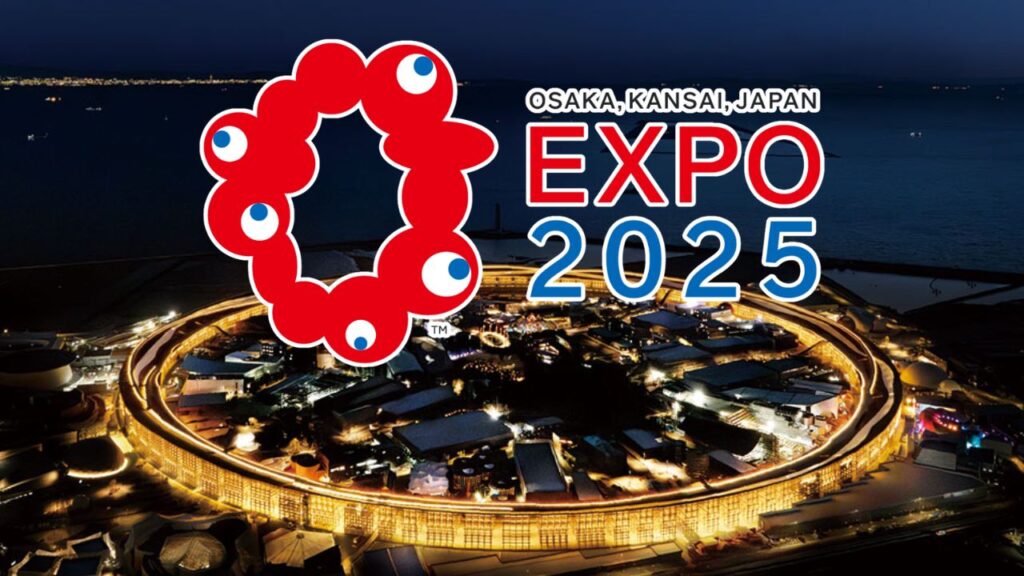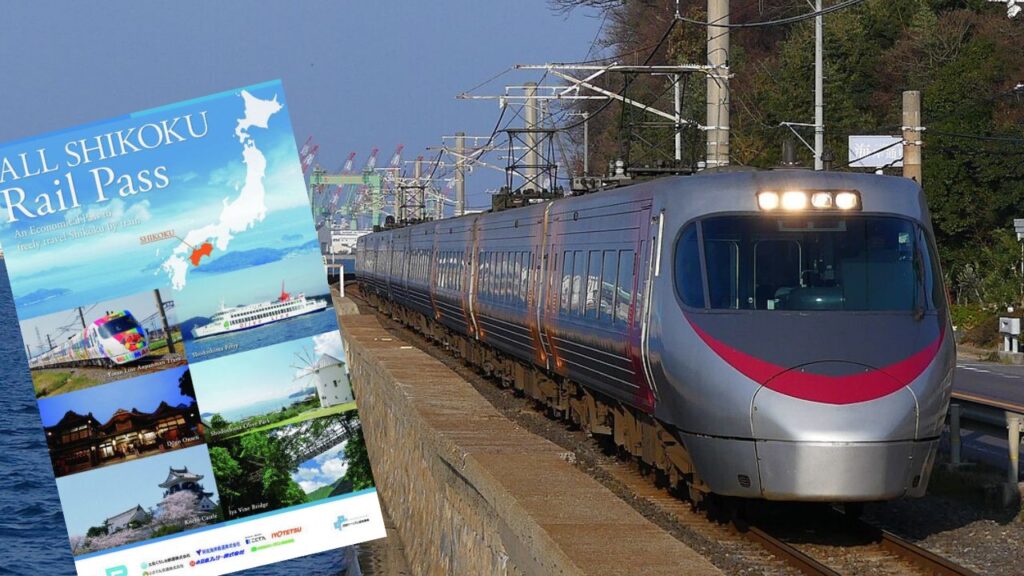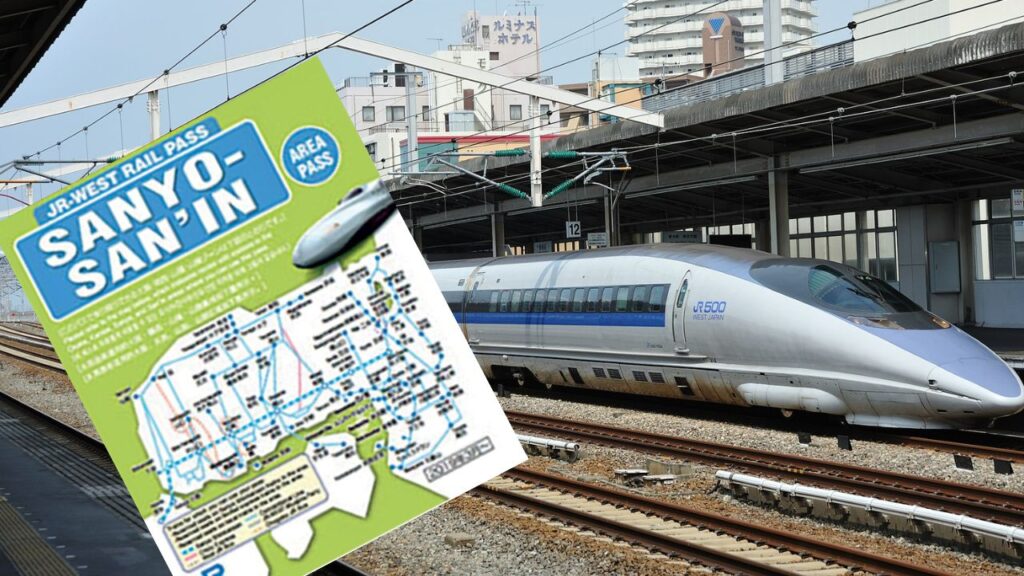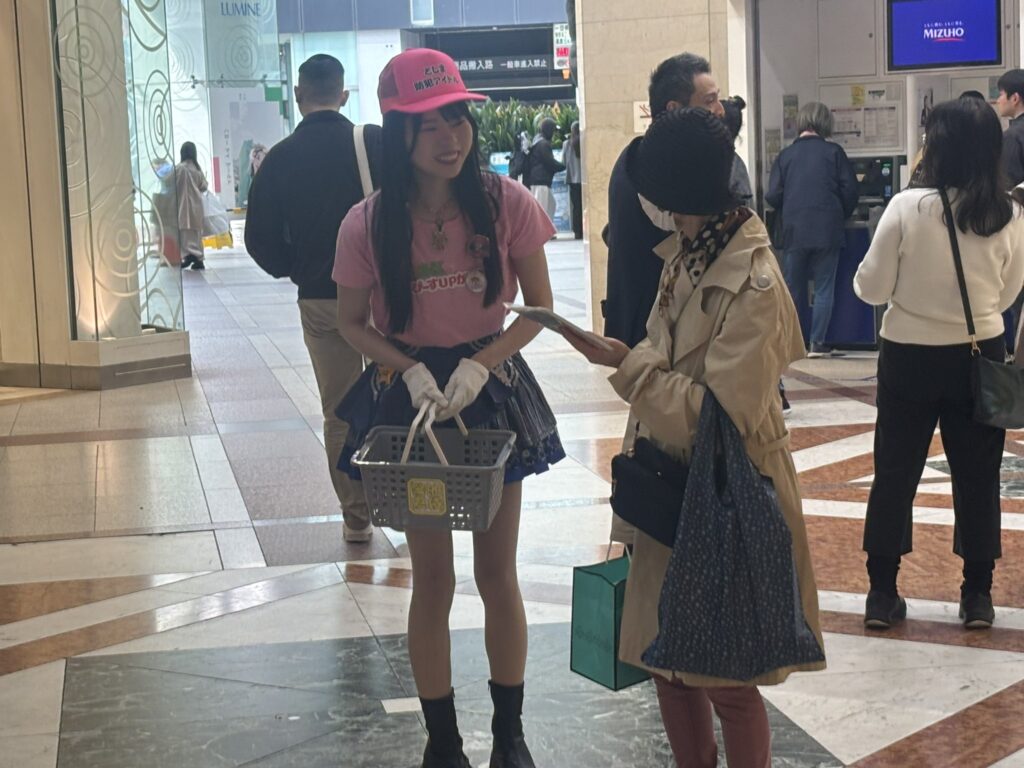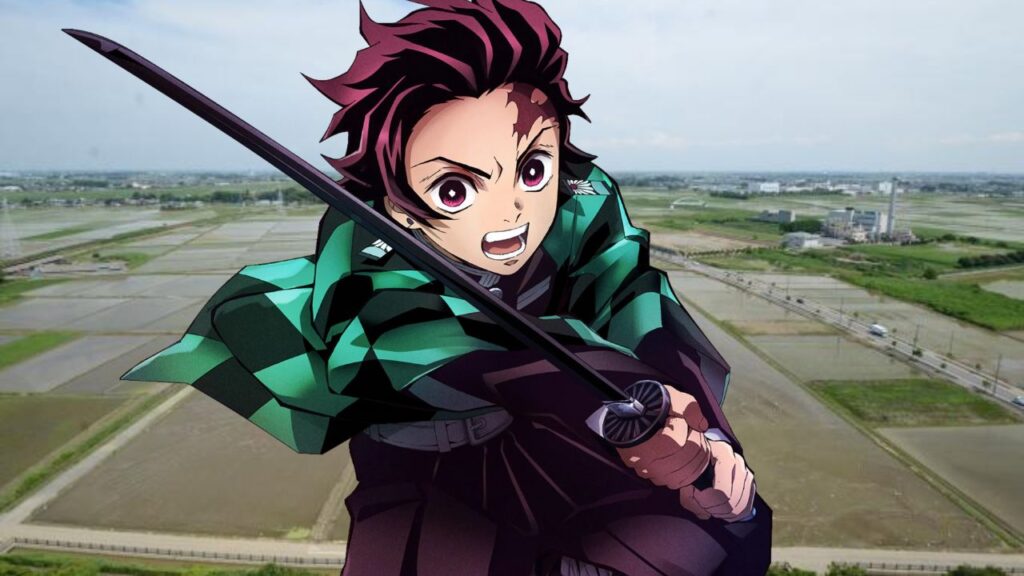“Temu Fuji”: China’s bootleg version of iconic Japanese mountain goes viral
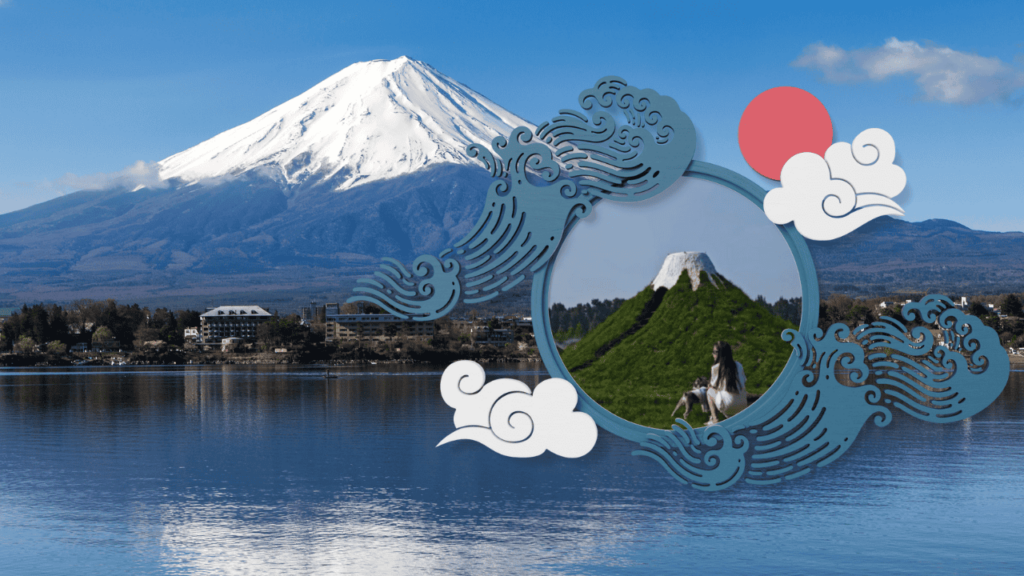
A theme park in northern China has become the subject of widespread online mockery after its attempt to replicate Japan’s iconic Mount Fuji fell spectacularly short.
Universe Fantasy Land in Hebei province has been heavily criticized for simply painting the top of a modest hill white in a bid to resemble the revered Japanese landmark, according to a report by the South China Morning Post.
The attraction, designed as a fantasy escape for city dwellers from Beijing, features a man-made mountain, a scenic lake, green pastures, a white horse, and a rustic wooden cabin.
However, its centerpiece, the “Mount Fuji” imitation, has drawn the most attention – and not for the right reasons.
Developers at Universe Fantasy Land reportedly covered the hill with sod last year and then applied white paint to its summit in an apparent effort to mimic the snow-capped peak of Mount Fuji.
Adding to the surreal spectacle, the park stages weekend “eruptions” involving the release of pink artificial smoke from the hill’s apex.
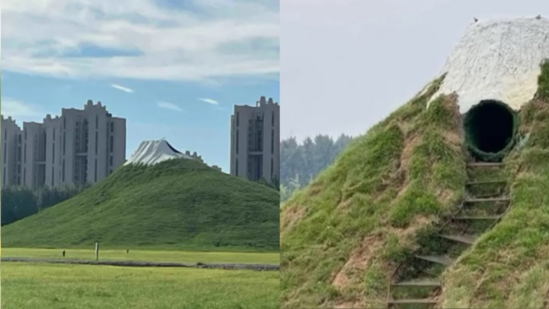
The management of Linqigu Real Estate Company even refers to the painted hill as a “volcano” in their marketing materials.
Despite the park’s whimsical promotions promising a fairy-tale getaway, numerous visitors have expressed their disappointment after experiencing the underwhelming reality.
“Just a small hill with white paint on its top. It has nothing to do with Mount Fuji,” one unimpressed tourist commented.
Online images reveal the rudimentary nature of the attraction, showing a basic staircase leading up the hillside and a simple door carved into its rear.
Adding insult to injury, visitors have also expressed surprise at the steep 98 yuan (around $13.48 USD/£10.11 GBP) entrance fee, although a slightly discounted online rate of 78 yuan (approx. $10.73 USD/£8.05 GBP) is available.
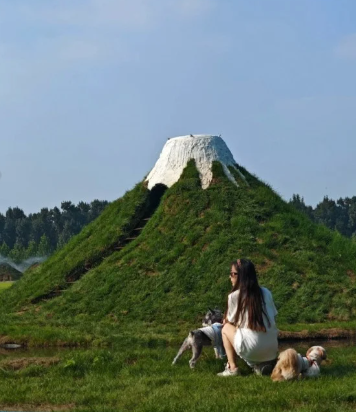
Camping enthusiasts hoping to extend their “fantasy” experience face an additional charge of 48 yuan (approx. $6.60 USD/£4.95 GBP) per person.
“There is a white horse available for an hour each day for photo ops,” one visitor wryly noted.
However, for many, the reality of Universe Fantasy Land failed to live up to the enticing, glossy photographs used in its advertising.
“Just another instance of how modern individuals are misled by glamorous photographs,” lamented one disappointed guest.
Another quipped, “You do not need to pay to capture photos with the real Mount Fuji, yet here you have to pay for the fake one.”
Mount Fuji, a UNESCO World Heritage Site, holds immense cultural and natural significance in Japan and can be freely viewed from nearly half of the country’s prefectures on a clear day. Its majestic beauty famously inspired the iconic “Thirty-six Views of Mount Fuji” series by Japanese artist Katsushika Hokusai.
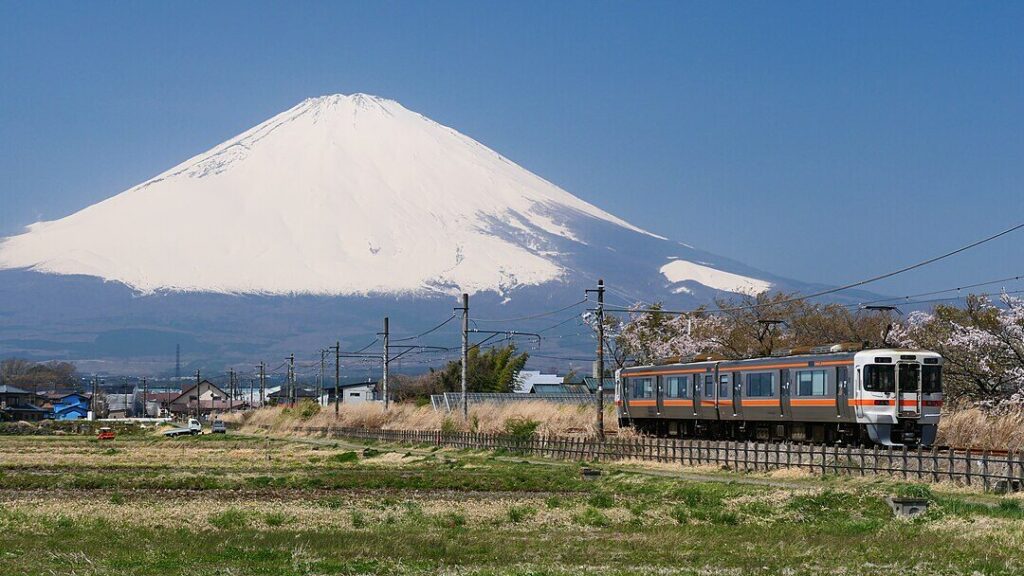
This incident is not an isolated case of China replicating global landmarks. Hebei province itself is home to various imitations, including versions of the Eiffel Tower, the Great Sphinx of Giza, and even sections of the Great Wall.
While the park initially cautioned potential visitors about anticipated crowds, staff now claim that the site has undergone steady improvements since its opening in September of the previous year.
Nevertheless, for many online observers and disappointed tourists, the white-painted hill remains a stark symbol of misplaced ambition and a misguided approach to aesthetics.

This post may contain affiliate links, and Essential Japan may earn a commission if you purchase through them.

